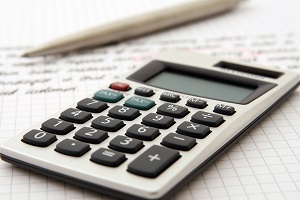Credit Card Terminal Leasing vs Purchasing
There are business reasons for each
You need equipment to be able to accept credit cards as payment for your goods or services. Whether you’re a single location, single cash register business requiring just one counter-top terminal, or a multi-site, multi-location business in need of many counter-top terminals, a few mobile-attached terminals, and a full POS system, you need the equipment to make it all work.
Should you lease or should you buy?
The answer to this question is not simple, because it depends on many factors that only you know.
- Do you have the cash flow to support purchasing your terminals outright?
- Will you receive tax benefits to leasing that are better than the tax benefits of purchasing (or vice-versa)? Consult your tax adviser.
- Would monthly payments be more convenient for you to manage?
- When it’s time to upgrade terminals (such as the upgrades to be able to take chip cards and mobile wallet payments), will you be willing and able to purchase all new equipment?
- Similarly, if your purchased equipment becomes de-certified or obsolete, are you prepared to purchase new equipment?
If you purchase equipment (other than through your merchant processor), what is your terminal warranty? Be very clear on this, as an outage will cause a disruption to your business, and many manufacturer warranties are not set up to minimize those outages.
Does leasing cost more?
Yes, it does. Over the life of your lease you will pay more than you would have paid had you simply paid cash up front for the terminals you need. This is not unusual – most things cost more when you pay for them over time versus purchasing outright. Leasing is offered as a convenience to merchants, much like car leasing is offered as an alternative to purchasing, and, let’s be frank here, much like the credit industry, including credit cards, allows people to “pay on time” for things that don’t make sense, or aren’t affordable, to purchase outright.
Free terminals
Free terminals are never free. Companies offering free terminals are making up that money somewhere else in your agreement, either through fees or surcharges that can really add up. Free terminals can also be proprietary, meaning that you could decide to switch processors and find that those free terminals can’t be used with any processor other than the one that provided them. Don’t fall for a “free terminal” offer. It will cost you.


